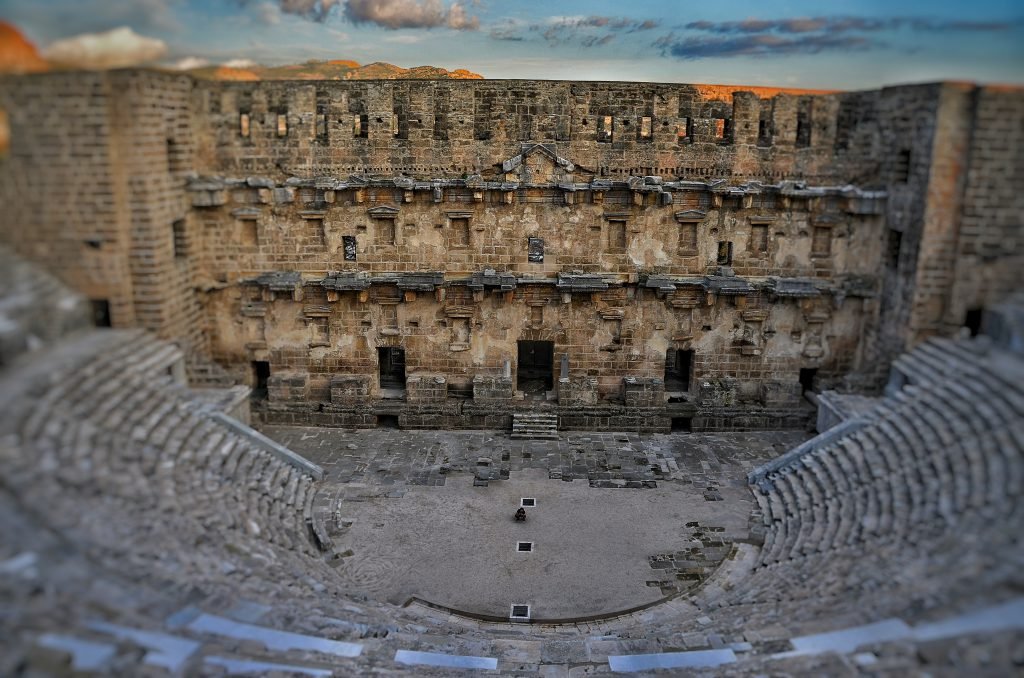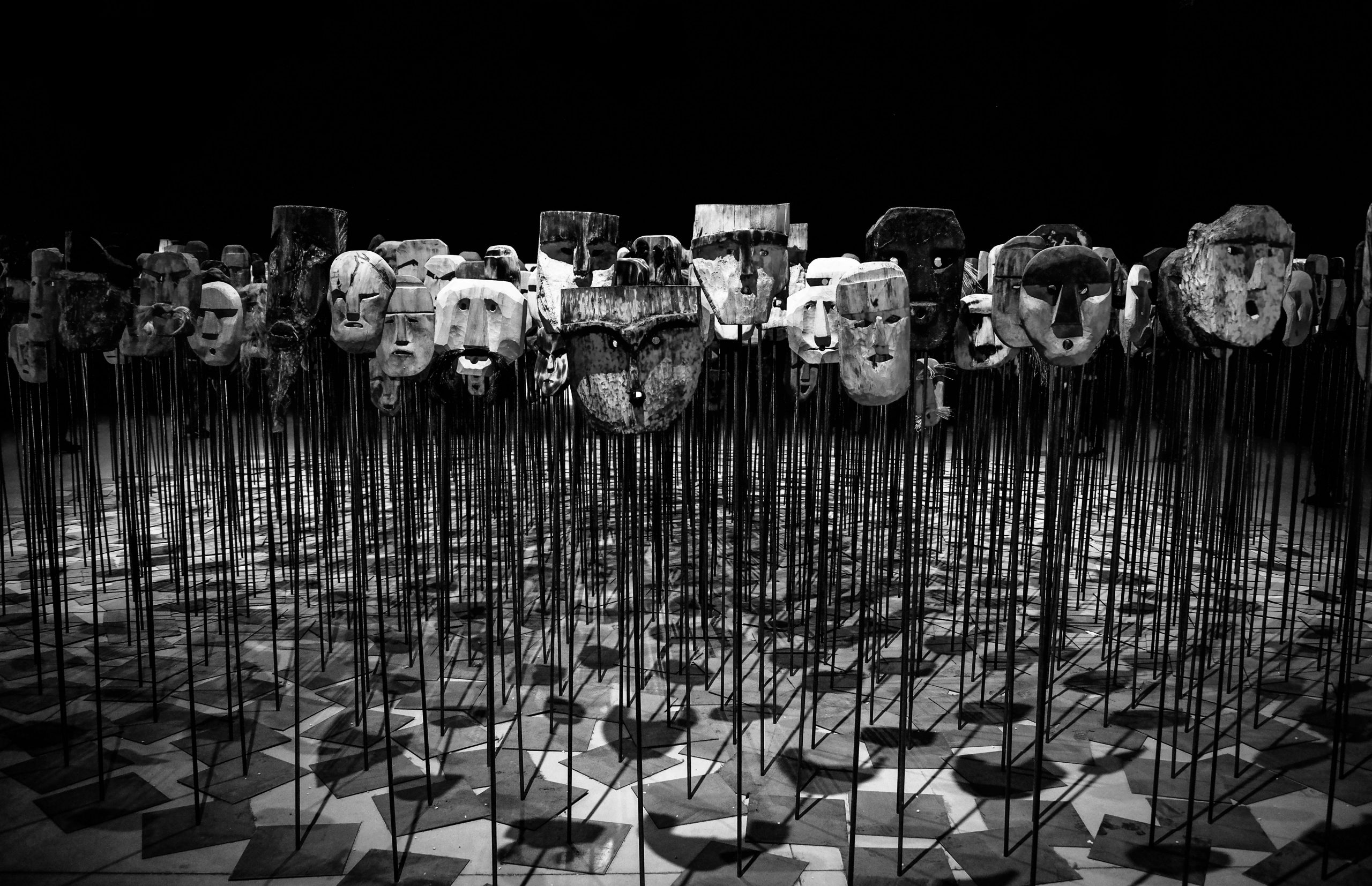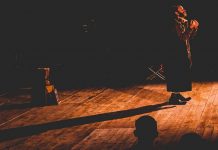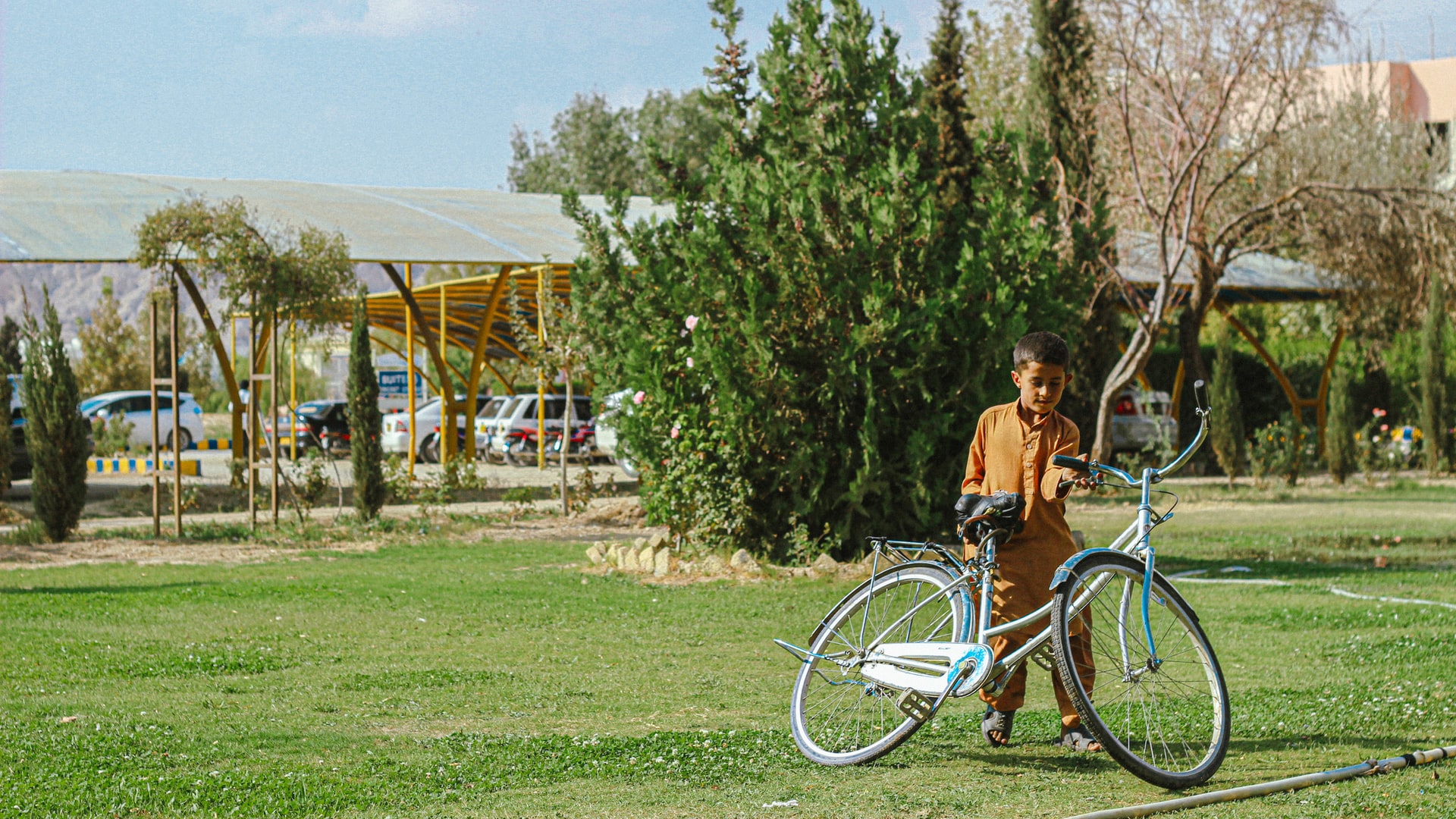It is said that theatre first began as rituals and storytelling. The Greeks and Romans created the orchestra, and from that the stage was born. Since then we have been developing theatre over the past 2,500 years (from what has been recorded). Let’s recap what those years looked like: Medieval theatre, Elizabethan, Commedia dell’arte, Renaissance, Baroque, Restoration, Ghanaian, Yoruba, Sanskrit, Noh, Butoh, Peking Opera, nineteenth century and twentieth century—there are a ton more, but you get the point. As theatre keeps growing, so to do the number of disasters and accidents. These “accidents” are what cause superstitions. If you’re a theatre nerd, I bet you have heard and/or believe in at least one of them. Here are the top five theatre show superstitions:

Macbethor “The Scottish Play”
At the age of 15 I was in a rehearsal for a Romeo and Juliet community production, and the cast was talking about their favourite Shakespeare shows. Someone described their favourite as the “Scottish Play.” “Isn’t that Macbeth?,” I replied—I have never received so many glares all at once in a tiny break room. I was forced to go outside and spin in a circle three times, then spit on the ground without understanding why. Saying the title “Macbeth” in a theatre is a big no-no. However, saying the character name seems to be okay. Why? Well, historically, the show’s cast has been known to have gone through many terrible misfortunes!
On the opening night of the first production in 1606, the actor playing Lady Macbeth died, and Shakespeare had to take on the role. During the 17th century the actor playing King Duncan was stabbed with a real dagger instead of a prop in front of a large audience. In 1849 two rival actors, William Charles Macready and Edwin Forrest, fought over who played the role of Macbeth better which resulted in a riot with at least 22 people dead and 120 injured. In 1947 actor Harold Norman, who was playing Macbeth, passed away shortly after the big stage battle. Not to mention, Shakespeare decided to use three authentic witchcraft spells in the piece. Shall we say cursed?
If you make an oopsies and say the title, not to worry! There are a few tasks to help you break the curse. The main one is what I had to do as a young naïve 15-year-old. Another is reciting the line “If we shadows have offended, think but this and all is mended, that you have but slumbered here, whilst these visions did appear,” from A Midsummer Night’s Dream. Or you can recite any line from The Two Gentlemen of Verona, which is considered to be a lucky play.
2. The Ghost Light

Before you leave an empty theatre for the night, always turn on the ghost light. This is mostly for practical reasons, in case anyone decides to come back or return in the morning. Having the ghost light on will help prevent potential accidents like tripping, falling, walking into things, and knocking anything over. Usually the light is placed in the middle of the stage. Although, there’s more to it than avoiding a disaster. Many theatres across the world are believed to have ghosts or spirits on the premises. It is believed that the light wards off the ghosts or the opposite, gives them a lighted area to perform in when we’re not looking.
3. “Break a Leg!” Instead of “Good Luck”
Now this is one I always do, but to be honest, I never really understood why until now. To wish someone good luck before performing in a show is considered bad luck, which is why we tell them to break a leg. There’s no exact reason why we say this, but there’s a theory called the Leg Line, which might explain why. The Leg Line Theory comes from when an ensemble of actors are queued to perform. If some actors were not to perform, they were without pay and told to stay behind the “leg line.” Meaning if you wish for someone to break a leg, you wish for them to get paid.
There are other theories such as when ancient Greek audiences did not clap but stomped their feet to show appreciation. Similarly, audiences during the Elizabethan times would bang their chair legs against the ground instead of clapping.
4. Whistling
It is a total jinx to whistle backstage—if you’re an actor that is. We don’t see this too much nowadays, but years ago, scenery or large props were lifted in the air by stagehands hoisting them up through the use of ropes. To cue another stagehand they would whistle, so if an actor whistled backstage, that could accidentally cue a stagehand to lift or drop whatever heavy object or scenery they’re hoisting. This could potentially crush or hurt another stagehand or actor; therefore, no actor was allowed to whistle. This rule has now become a widely known superstition in the theatre world.
5. A Bad Dress Rehearsal = A Good Opening
Have you ever had a really bad dress rehearsal? That’s great! That means you probably had a fantastic opening night. This has been a superstition since the dawn of time, but no one actually knows why that is—though I’m sure everyone realizing they need to step their game up helps. That sweet taste of adrenaline that takes over during a live performance will always be a game changer!











